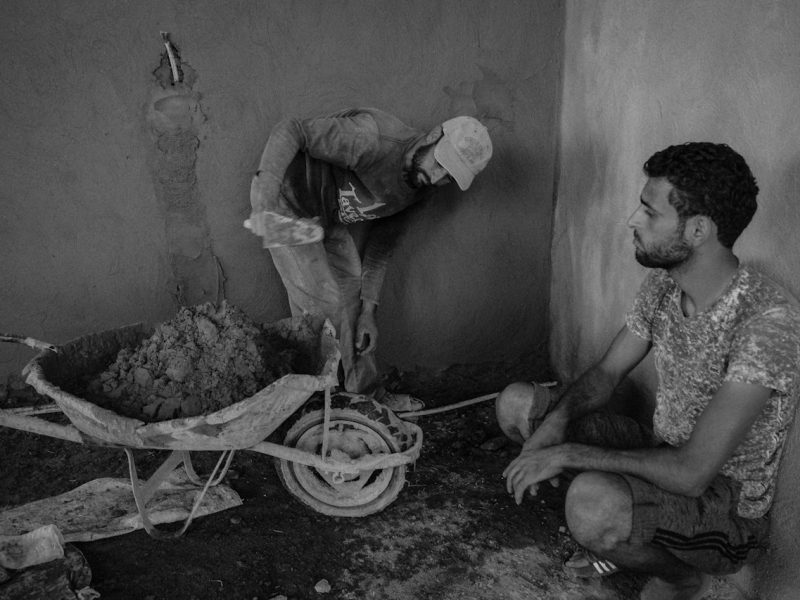[…] Your presence here today is a poignant reminder that, though our nationalities, cultures and religious beliefs may be different, we are united by our common humanity and a shared mission to care for society and creation. This service has taken on a particular urgency, as so many in our world are suffering conflicts and war, forced migration and displacement, and the uncertainty born of economic hardship. These problems demand not only that we reflect upon them and discuss them, but that we also express concrete signs of solidarity with our brothers and sisters in grave need.
For this service of solidarity to be effective, our efforts must be directed to the pursuit of peace, wherein each individual’s natural rights and integral human development are nurtured and guaranteed. This task demands that we work together in an efficient and coordinated way, encouraging the members of our communities to become themselves artisans of peace, promoters of social justice and advocates of true respect for our common home. This is increasingly difficult, for our world appears ever more fragmented and indifferent. Many people isolate themselves from harsh realities. They are afraid of terrorism and of a growing influx of migrants fundamentally changing their culture, economic stability and way of life. These are fears which we understand and cannot dismiss lightly, yet they must be addressed in an intelligent and creative way, so that the rights and needs of all are respected and upheld.
For those suffering the tragedy of violence and forced migration, we must be resolute in making their plight known to the world community, so that as they lack the strength or ability to cry out, their voice may be heard in our own. The path of diplomacy helps us to both amplify and convey this cry by seeking solutions to the many underlying causes of the conflicts of our day. This applies especially in our efforts to remove weapons from those perpetrating violence, and to end the scourge of human trafficking and the drug trade which often support this evil.
While our initiatives on behalf of peace should help people to remain in their homelands, this present hour urges us to assist migrants and those caring for them. We must not allow misunderstanding and fear to weaken our resolve. Rather, we are called to build a culture of dialogue, one which “enables us to view others as valid dialogue partners, to respect the foreigner, the immigrant and people from different cultures as worthy of being listened to” (Conferral of the Charlemagne Prize, 6 May 2016). In this way, we will promote an integration which respects the traditions of migrants and preserves the culture of the community receiving them, all the while enriching both. This is essential. If misunderstanding and fear prevail something of ourselves dies, our cultures, history and traditions are weakened, and our own peace is compromised. When on the other hand, we foster dialogue and solidarity, both individually and collectively, it is then that we experience the best of humanity and secure an enduring peace for all, as intended by our Creator.[…]




